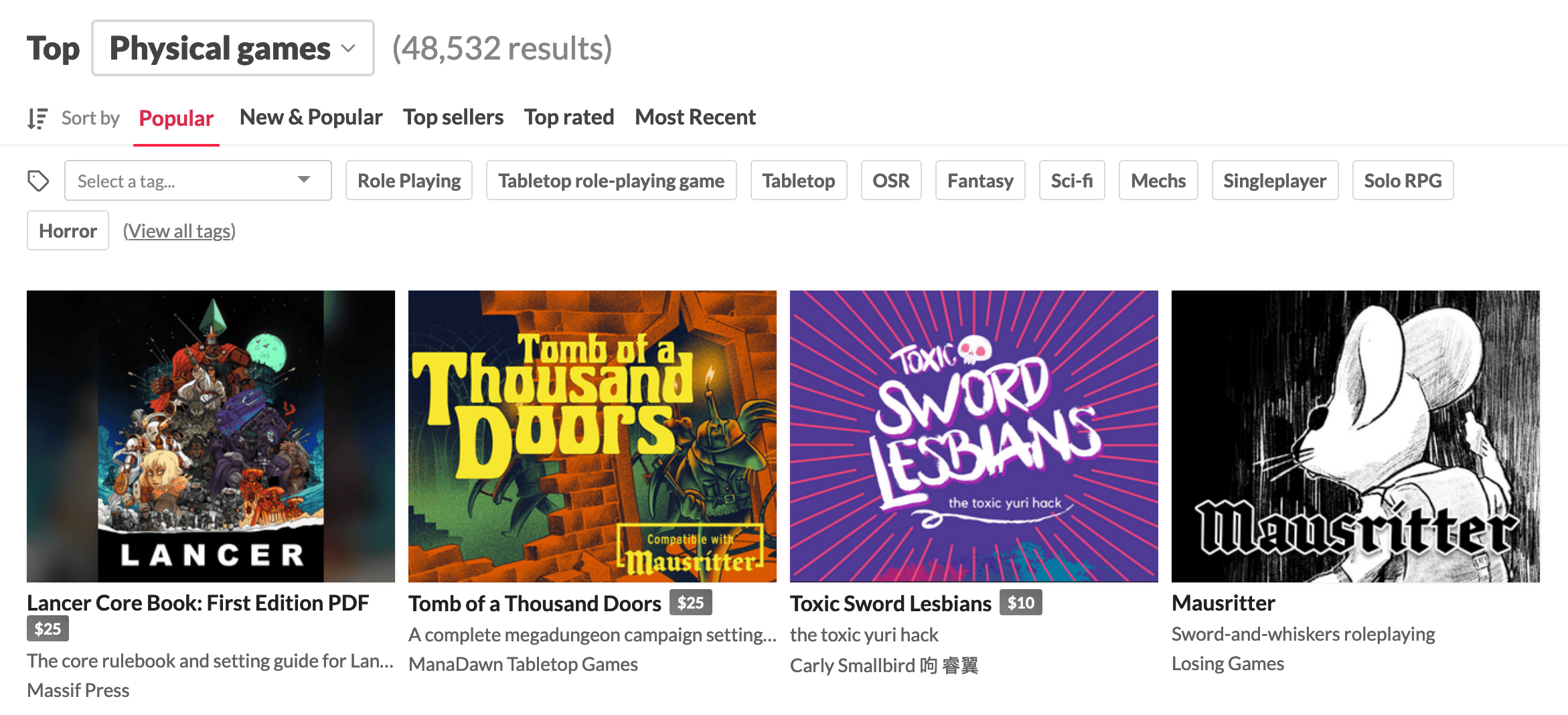So, last year I decided to sign up for the next amateur radio licensing exam, which turned out to be a week from when I decided this, so I crammed the entire study guide and walked out with a license and had my callsign two days later. I do not recommend this but it worked.
Why Amateur Radio, Mx. Veryroundbird?I'm glad you asked! Amateur radio is a neat hobby that lets you make connections with people all around the world, and also offers a lot of opportunities for public service. Amateur radio operators (or "Hams") are often called up to volunteer at large events like marathons, and you can get training to be a weather spotter (Skywarn) and/or emergency comms operator (ARES/RACES).
As such, it's a great way to get involved in local community in a practical way, especially considering that great googly moogly it's all gone to shit recently, not to put too fine a point on it.
There are also a lot of different facets that might appeal to people—some people like the social aspect of being on the air; others like trying to make as many new contacts as possible; some people specialize in operating from parks or mountains. There's also groups that build their own radios, or work on the electrical components or antennas that go along with radios, if you like to build things.
How do you get licensed?If you go to the
ARRL website you can find the exam nearest you—which will likely be sponsored and run by your local radio club. There are also now some options for online exams, if you're not close to one!
HamStudy.org has some good study tools that everyone I know swears by. Basically everyone told me afterward that I could have just skipped the book, but if you're like me and want to devour a large textbook, you can get the official ARRL study guides from booksellers. Technician is the entry level, which will let you operate on a limited selection of bands—you'll want to aim for General or Amateur Extra if you're serious about long-distance contacts. (You can technically sit for all the levels at once if you're committed.)
You will probably pass because the exam is not that hard! And then they'll give you instructions on how to register with the FCC and get your callsign, which is assigned in order. (I'm KD9VDM.)
What do I do afterward?If you have a nearby club, they'll probably have events! Check out their website or mailing list and see what they've got going on. Regular events like Field Day get a big turnout because it's both a contest for most contacts and a local outreach opportunity. You can also just get on the air!
It's easy to get a Baofeng UV-5R, which is the handheld (HT) model that literally everyone has. You'll want to get a slightly better whip antenna (just a little longer; it doesn't have to be too long) which should let you talk to people in your local area. They are very cheap and therefore a really good way to get started.
If you want something more powerful, a Kenwood mobile unit is on the low end of fuller radios at ~$600. This is not cheap but it will never die. (For a base station you'll also need a power supply and an antenna; it adds up. I keep all my equipment on one of those container store carts though and it's very cute.)
Make sure and sign up for mailing lists for local clubs and groups, because they'll also post there about opportunities for public service, if that's what you're interested in. Some groups have mailing lists for long-distance contact spotting so hams can help each other out making rare contacts.
The demographics of amateur radio are, somewhat predictably, older white cis guys. That can change, though! And a lot of hams understand that they need to get new people in to continue the hobby, so honestly they'll probably be enthusiastic to see anyone new coming in. There's also the
Pride Radio Group and the
Young Ladies Radio League (you don't have to be young; it's a joke stemming from some slightly sexist ham slang), and
Blind Hams if you want to find community with hams of similar background.
Ham radio Mastodon is also very active and also very nice?
mastodon.radio and
mastodon.hams.social exist and are kind of nice to have as a way to meet hams across the world.
Is there a Dreamwidth comm?![[community profile]](https://www.dreamwidth.org/img/silk/identity/community.png) hamradio
hamradio isn't active... but it
could be. We could be the change we want to see in the world.



